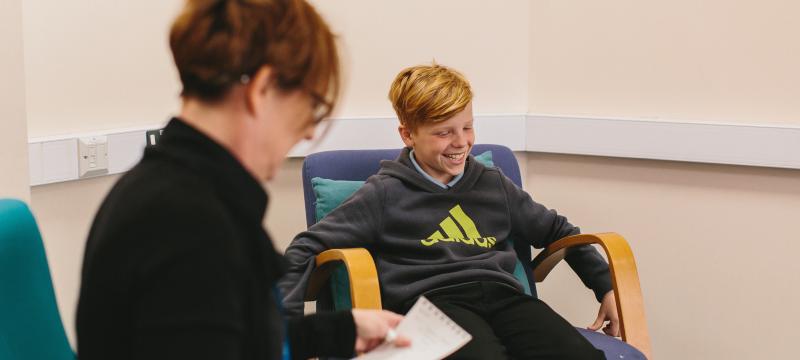- Overview
- Contact Details
- Directions
- Contacting us and opening hours
- Car parking
- Accessibility Information
- Smoking and vaping information
Type
CAMHS InpatientsOur service supports young people aged between 13 and 18 with a range of complex mental health conditions. Offering bed stays averaging 14–24 weeks, we use therapies supported by our multi-disciplinary team who provide a range of interventions.
Opening Hours: 24/7, 365 days
Contact Details
- Telephone: 03000 271639
Address
The Burrows, Berrywood Hospital, Berrywood Drive, Upton, Northampton, Northamptonshire, NN5 6UDMap
Contacting us and opening hours
The Burrows
Berrywood Hospital
Berrywood Drive
Upton
Northampton, NN5 6UD
Telephone: 03000 271 639
Mon-Sun: 24 hours
365 days
Car parking
There is free on-site car park at Berrywood Hospital. Please note this can be extremly limited at busy times. When parking at Berrywood please do not block any entrances or park on the grass verges.
Accessibility Information
For disabled access information at this site please click here.
Smoking and vaping information
We know that quitting smoking reduces your chances of heart disease and lung cancer as well as improves your sense of taste, makes your skin look younger and reduces stress. That is why we are proud to be smokefree.
Remember smoking is not allowed anywhere, on any NHFT sites.
If you are an inpatient, please speak to your ward matron about smoking and vaping options. We also offer nicotine replacement therapy.
All other users (whether service user, visitors or staff) must go offsite if they wish to smoke.

